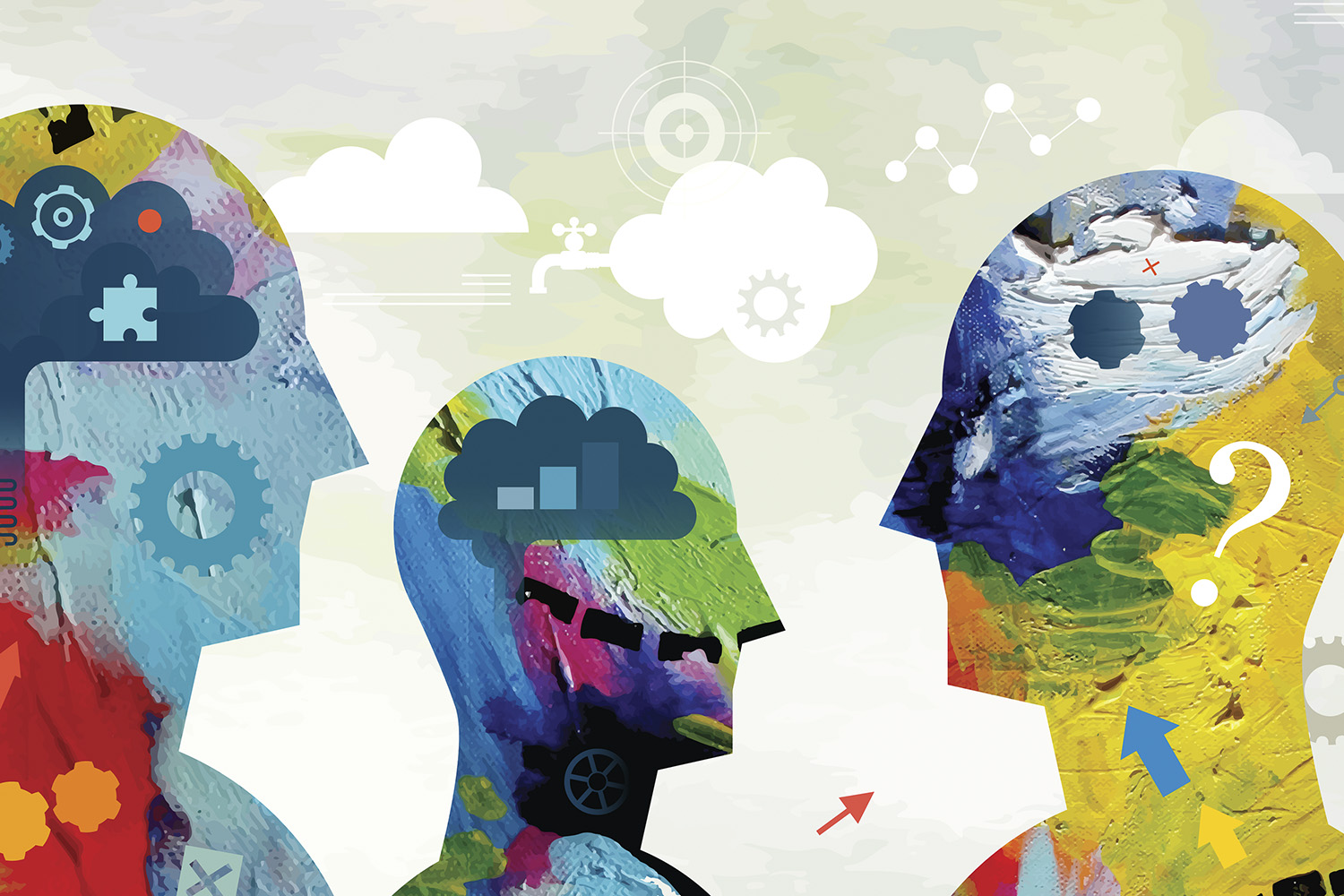(506) 625-0322

Why Create
There is little that shapes the human experience as profoundly and pervasively as creativity. Creativity drives progress in every human endeavor, from the arts to the sciences, business, and technology. We celebrate and honor people for their creativity, identifying eminent individuals, as well as entire cultures and societies, in terms of their creative achievements. Creativity is the vehicle of self-expression and part of what makes us who we are What drives us to create? What goes on in our bodies and minds when we begin to explore creative possibilities? What was the feeling that makes us want to create. To be sure, some of the greatest philosophers in history have been taken with the wonder of creativity. To name just few examples: Plato said that when poets produce truly great poetry, they not do it through knowledge or mastery, but rather by being divinely “inspired”—literally he is creation breathed into life from God through you— a kind of madness Kant conceived of artistic genius as an innate capacity to produce works of “great originality” through the free play of the imagination, a process that can not be taught, it is mysterious even to the geniuses themselves. Nietzsche saw the greatest feats of creativity, exemplified in the tragic poetry of ancient Greece, as being born out of a rare cooperation between the “Dionysian” spirit which is the spirit of intoxication, which permeates the work with vitality and passion, and the “Apollonian” spirit of sober restraint, which tempers chaos with order and form. This is just the barest glimpse of what each of these philosophers had to say about creativity, For some people creating is an emotional response. When a lot of thoughts and stressors begin spinning around inside of your head, one of the best ways to relieve the compression is to create, to get words or shapes out of your head and into the real world. Another reason people create is for mental calm. When you grab a paintbrush and let your hand make marks on a canvas without thinking much, it’s affects are similar to that of meditation Jesus speaking Speaking in parables is indeed similar to an artist’s craft. Neither are systematic or logical arguments aimed at intellectual persuasion. Rather, they create impressions, whole new worlds of meaning intended to turn old worlds on their heads. Further, they do not always clarify, but actually can by design obscure a deeper reality. To apprehend that deeper reality, one must—like someone facing a timeless painting—continue to seek, ponder, and meditate on, what is being said. Parables are radical pieces of communication meant to disorient the hearers and then reorient them to an entirely new way of thinking. The act of creating can easily allow your brain to subconsciously sort through everything it needs to while your more conscious reasoning watches ideas Even if you’re not exactly Leonardo or Shakespeare, everyone has experienced that rush of relief after an aha moment, that wave of happiness one feels when they crack a riddle, finish a puzzle, solve a confusing math problem, write a few lines of poetry, or create a new rift on the guitar. human ingenuity at its best. Now that you know why you have a drive to create lets look at How we begin to create.